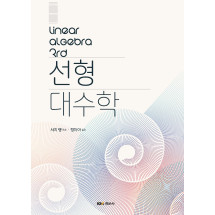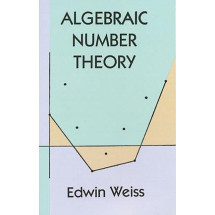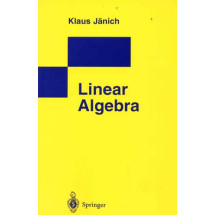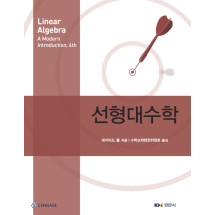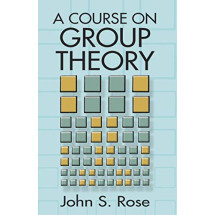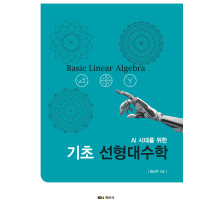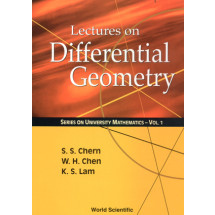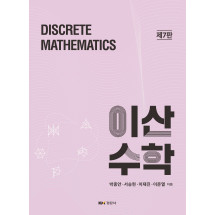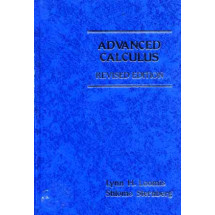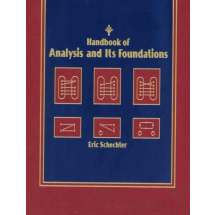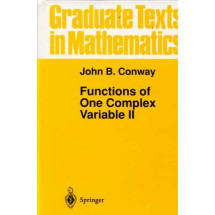his expanded new edition presents a thorough and up-to-date introduction to the study of linear algebra
Linear Algebra, Third Edition provides a unified introduction to linear algebra while reinforcing and emphasizing a conceptual and hands-on understanding of the essential ideas. Promoting the development of intuition rather than the simple application of methods, the book successfully helps readers to understand not only how to implement a technique, but why its use is important.
The book outlines an analytical, algebraic, and geometric discussion of the provided definitions, theorems, and proofs. For each concept, an abstract foundation is presented together with its computational output, and this parallel structure clearly and immediately illustrates the relationship between the theory and its appropriate applications. The Third Edition also features:
A new chapter on generalized eigenvectors and chain bases with coverage of the Jordan form and the Cayley-Hamilton theorem
A new chapter on numerical techniques, including a discussion of the condition number
A new section on Hermitian symmetric and unitary matrices
An exploration of computational approaches to finding eigenvalues, such as the forward iteration, reverse iteration, and the QR method
Additional exercises that consist of application, numerical, and conceptual questions as well as true-false questions
Illuminating applications of linear algebra are provided throughout most parts of the book along with self-study questions that allow the reader to replicate the treatments independently of the book. Each chapter concludes with a summary of key points, and most topics are accompanied by a "Computer Projects" section, which contains worked-out exercises that utilize the most up-to-date version of MATLAB(r). A related Web site features Maple translations of these exercises as well as additional supplemental material.
Linear Algebra, Third Edition is an excellent undergraduate-level textbook for courses in linear algebra. It is also a valuable self-study guide for professionals and researchers who would like a basic introduction to linear algebra with applications in science, engineering, and computer science.
Richard C. Penney, PhD, is Professor in the Department of Mathematics and Director of the Mathematics/Statistics Actuarial Science Program at Purdue University. Dr. Penney is the author of numerous journal articles and has received several major teaching awards.


